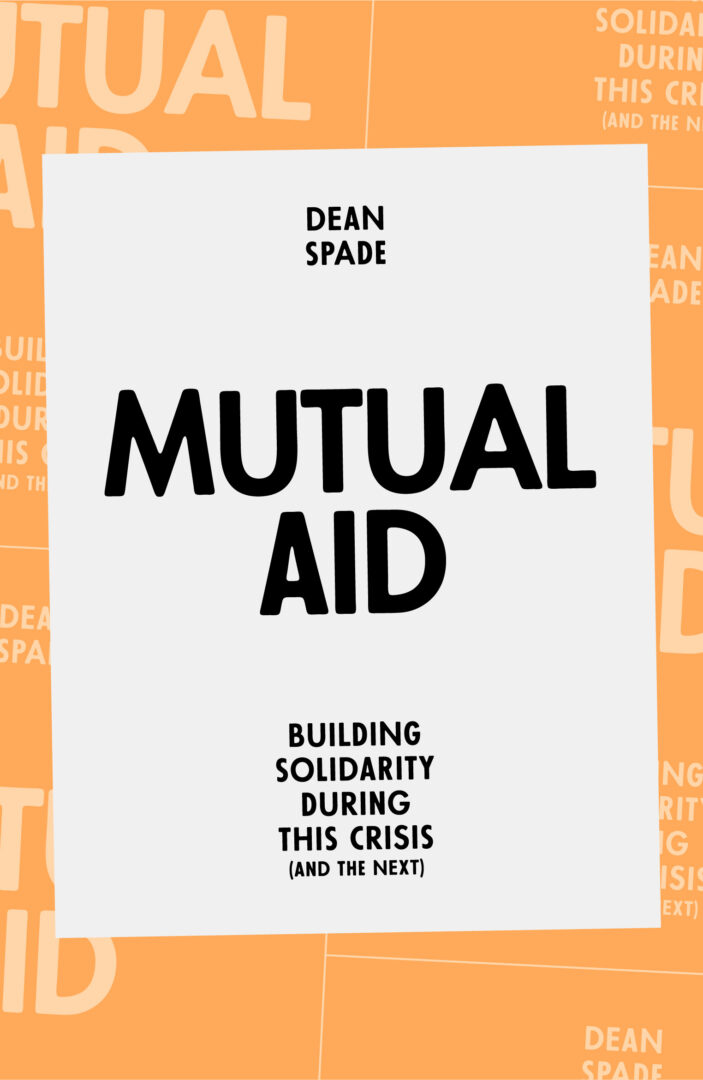Dean Spade’s Mutual Aid: Building Solidarity During This Crisis (and the Next) is an accessible guidebook meant to inspire local organizing efforts based in mutual care, generosity, and dependency. By reflecting on contemporary contexts in which people are increasingly individualized and rendered dependent on inadequate government support systems, Mutual Aid demonstrates that sharing and cohesion are radical steps toward liberation. On this basis, we are reminded that contemporary social crises can usher in the normalization of interdependent community engagement, inspiring lasting social movements built upon mutual aid.
Keyword: crisis
Introduction: Cripistemologies of Crisis: Emergent Knowledges for the Present
The increasing recognition of critical disability studies as a generative body of work across disciplines is inseparable from a collective need to make sense of ongoing moments of socio-political crisis, emergency, and exceptionality. Theorizations of crip time emergent from lived experiences of disability are critical to the ongoing work of understanding and surviving a chronically debilitating socio-political context. Our current political moment seems to protract states of crisis to such a degree that the very notions of emergency and crisis shift under the weight of their simultaneous seeming banality and urgent ubiquity. “Cripistemologies of Crisis: Emergent Knowledges for the Present” contends that epistemologies of chronicity, illness, and trauma offer indispensable lenses through which to rethink—and care for—our collective present. The essays within “Cripistemologies of Crisis” reframe our understandings of both social and personal crisis, and explore how crisis and emergency shape the experiences and knowledges of our bodyminds in time and space. The authors collectively offer an epistemological toolkit to theorize and survive everyday states of trauma, madness, and illness as the lived impacts of such quotidian and ongoing violence. “Cripistemologies of Crisis” asks, then, what crip futures can be conjured through a centering of experiential, collective, and speculative ways of knowing with/in/through crisis.

